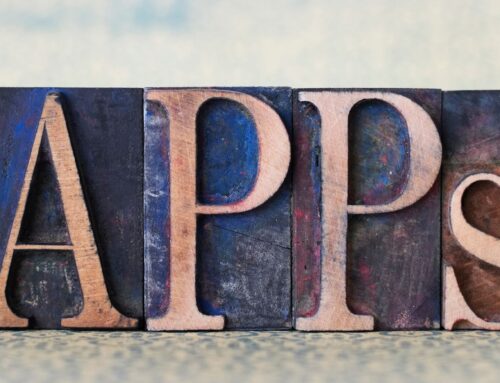Are you worried about your employees stealing or embezzling funds from you? If you're not, you probably should be. You'd be surprised at the level of embezzlement that goes on in small businesses and large organizations overall. When you look at the people that are committing these acts of fraud and embezzlement, you'd be surprised, because most of the time, the business owner says that, "Hey, that employee was like family to me. I trusted them."
Unfortunately, trust is really not the basis for protecting yourself and the hard work and energy that you have put into growing your business. Trust is not enough. What you have to do is make some changes in your business in order to protect yourself and protect the investment that you have put into your business.
One of the ways in which you can do that is don't give access to your bank and credit card account to any employees. A lot of business owners just share their banking credentials with employees, and employees can then transfer monies. They can do anything that you can do with your online banking. If you can do it, they can to. What you need to do then is set up those employees with a read-only access to your bank account, to make sure that they are not able to really touch your money.
The next thing that you can do is to limit the access that your employees have to any cash or any petty cash that you have in your office. There are some companies that have a lot of cash in their office at any given point, and so you have to limit the access that your employees have to that cash. Maybe have a petty cash fund of no more than, say, $250, so that those employees don't have access to all the cash. If there's any more than that, then it should be kept in a locked vault or safe, and, of course, the money should be deposited at the bank on a regular basis.
Another way in which you can prevent fraud, if you sell inventory, is to do regular inventory counts so that employees don't walk off with your inventory. So, regular inventory counts, whether that's monthly, or quarterly, at a very minimum. You should be checking and tracking your inventory to make sure that you don't have too much inventory shrinkage in your business.
Another way in which you can prevent fraud, if you have a lot of money in your bank accounts, is don't allow employees to really know how much money is in the accounts. That means that you wouldn't give them access, even read-only access, to the bank accounts. They really shouldn't see the amounts that are in your bank account. The reason you would do that is, when you have a large amount of money in your bank accounts, employees can start to rationalize their behavior. For example, let's say that you have an employee who's not very happy working at your company, that they happen to know that you have $250,000 in your bank account, so they start to rationalize it. "You know what? Joe has so much money in the bank, and I need a new pair of shoes, and so I'm just going to take $100. He'll never miss it." Joe probably never will miss the hundred dollars, but then that same employee will say, "Hey, that was so easy. I think I'll just now take $500. They'll never miss it," and so then they continue to take more money because the employer doesn't notice that the money is gone. Pretty soon, the hundreds of dollars can become thousands of dollars, and I've even seen it become millions of dollars over years.
Another way to prevent fraud is, if you have an employee inside of your business (an in-house employee) working on your accounting and bookkeeping, don't let them receive the bank statements (opening the bank statements when they come in the mail), and also to not allow them to do the bank reconciliations. That's when you need an outside accountant, bookkeeper, CPA to then do those reconciliations for you, so you need to outsource that part of the accounting function for your business. Outsource it to a qualified professional. What that qualified professional should be doing, or at least what we do for our clients, is reconciling the transactions in QuickBooks to the transactions that are on the bank and credit card statements. That ensures that there aren't any missing transactions, or duplicate transactions, or even fraudulent transactions because of that reconciliation.
We also review the financial reports for any unusual or unexpected transaction, so we're not really searching for fraud per se, but we're searching, or actually we're reviewing, the transactions to make sure that they are categorized correctly after they are reconciled, and then we also provide feedback to our clients if some transactions are miscategorized. We provide feedback to them to then tell them and let them know about the corrections that we made so that they can understand what is being done to their books.
If you're concerned about employees stealing money from your company or embezzling funds from your company, you need to set the tone at the top. You need to be aware of what's going on. You don't need to micro-manage people, but you need to put some of these measures in place in order to prevent fraud and embezzlement. Also, at some point, as I said, it would be best for you then to work with an accounting professional to help to add an extra layer of checks and balances in your business.














